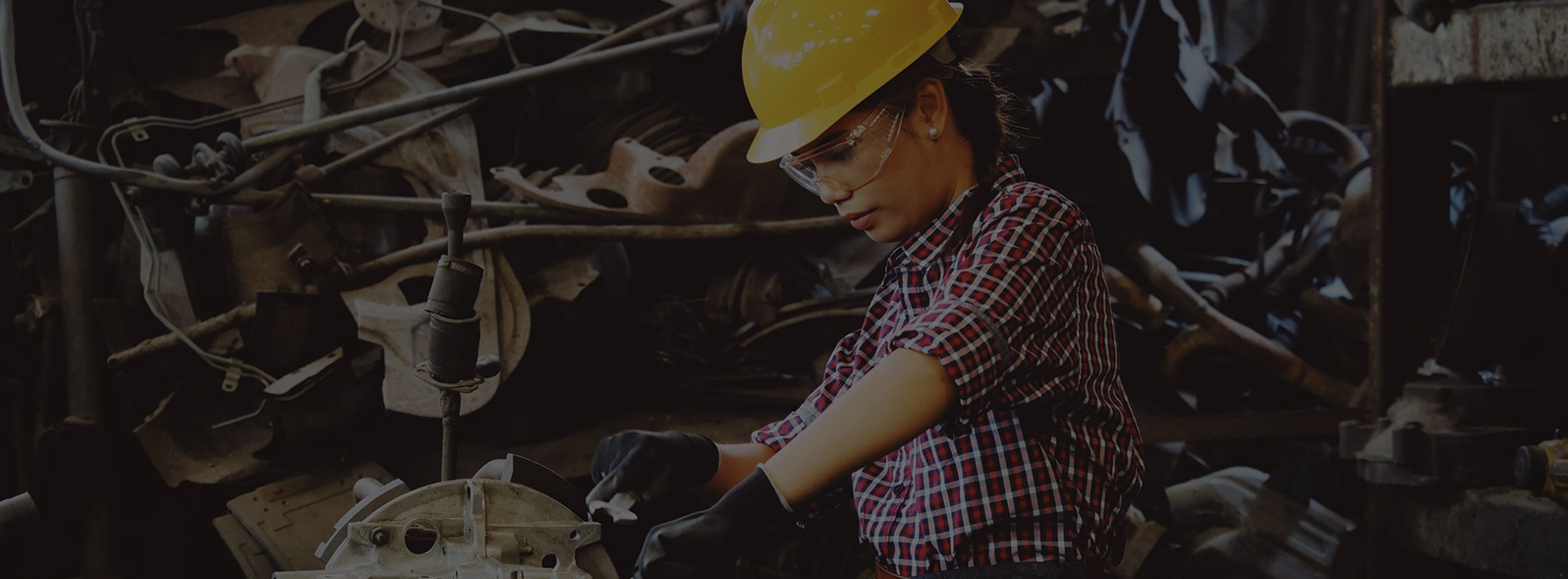According to Griffith University philosophy doctorate Karen Struthers, below 2 per cent of Australian tradies have been women since the 1980s.
Now, a growing number of determined ‘lady tradies’ are shaking up the status quo across the nation, moving away from desk jobs and ‘traditional’ careers to demonstrate why we need more diversity in the trades industries.
Difficulties for female tradespeople
Why can’t women do the same trade jobs as men?
Answers vary from ramblings of outdated biases and preconceptions that have proven to hold no weight in the real world. Nevertheless, the challenge for female tradespeople is convincing their male counterparts – and wider society – that not only can diversity be considered the norm, but also an effectiveway to operate.
Many lack confidence in women’s ability to perform certain tasks, believing they require extra assistance or training. In addition, when men find themselves working alongside them, some can feel unsure how to interact as their normal male-dominated environment proves to be non-inclusive to other genders.
Taking hold of the market
To thrive in their chosen work, free of the toxic masculinity culture that breeds in all too many male-dominated worksites, these lady tradies are setting up their own businesses, and successfully carving out a sizeable portion of the market, too. There is a booming demand of their services from the elderly, victims of domestic violence, or those feeling vulnerable or too intimidated to permit male workers into their home. Naturally, these are the results of more societal factors that need addressing, but for now, lady tradies are bridging the gap by showing that gender ideas around femininity and hard labour are thoroughly outdated.
Why we need more female tradespeople
Dire skills shortages are sweeping Australia. Turning away half of the population with stereotyping and mockery could prove detrimental to our trades industry.
Beyond that, one of the great benefits of living in Australia is the opportunity to pursue one’s passions, which is only worth anything if those opportunities are available to everyone equally.
Simply put, women have consistently been satisfying their clients, providing a prompt, competitively priced, and most importantly, reliable service. This isn’t all a movement to prove they are worth their salt, either. Burgeoning female tradespeople are simply delivering their best in the work they have been paid to do, which should be the attitude of any worker, regardless of gender or industry.
If you have any skills or experience that can be recognised to show potential clients your qualifications, consider Recognition of Prior Learning. Get started with our free skills check today.















